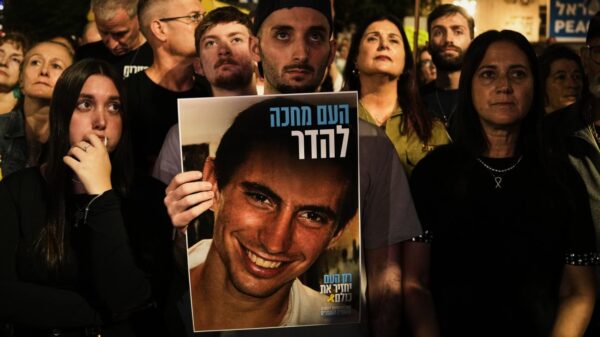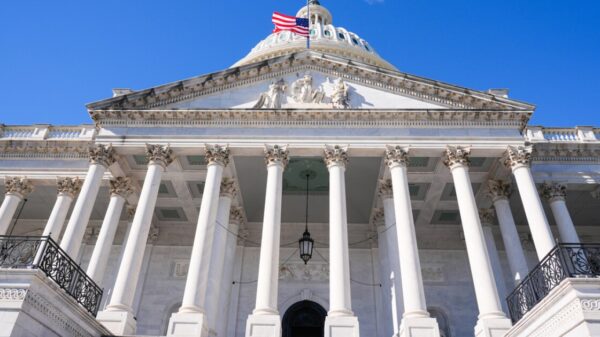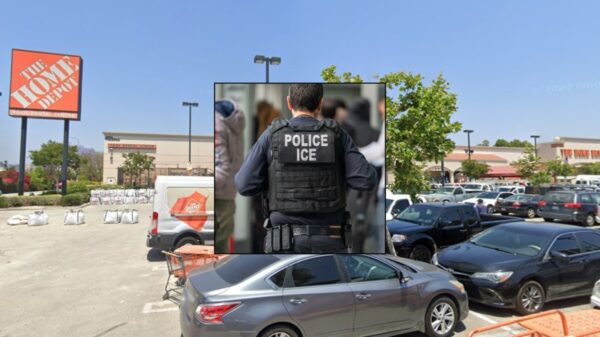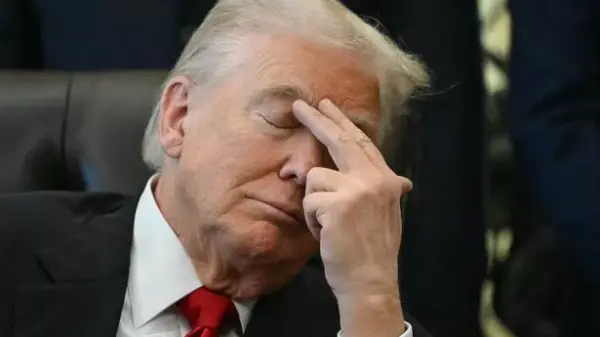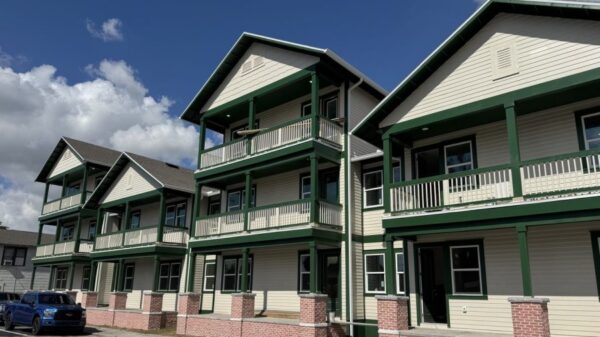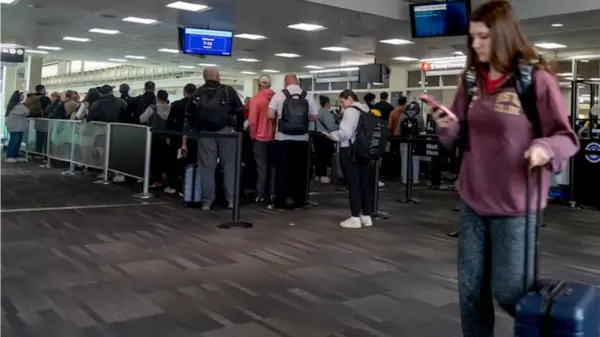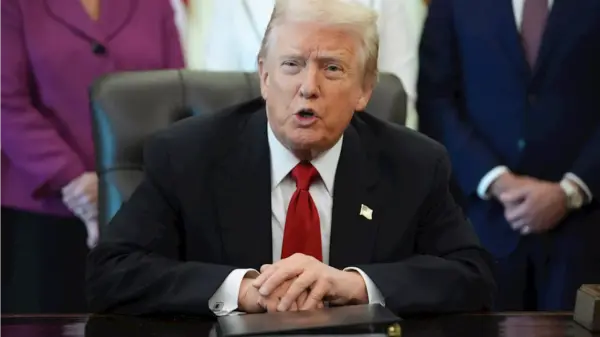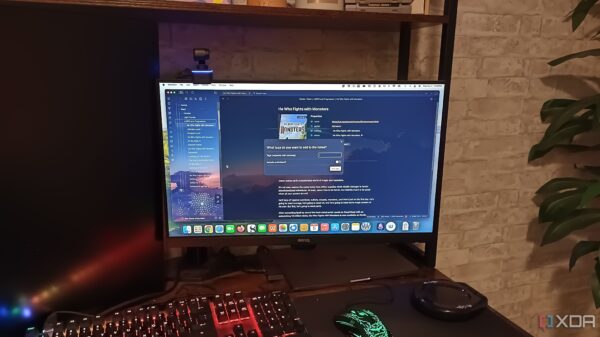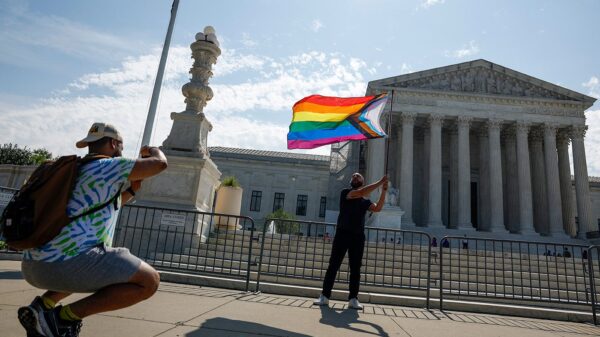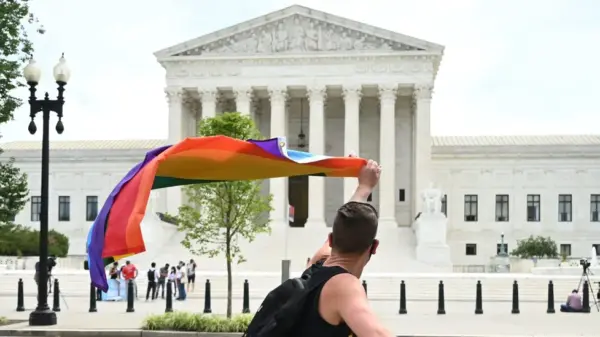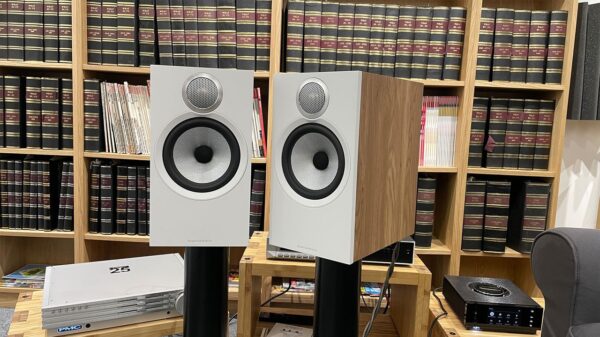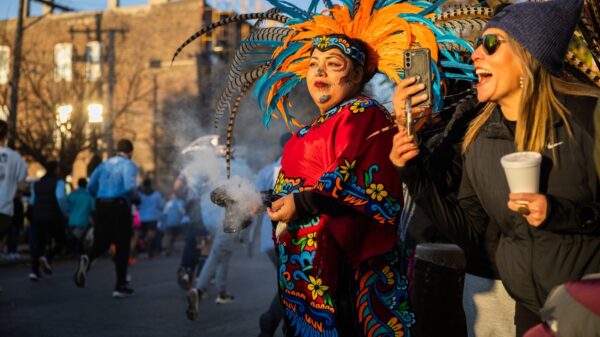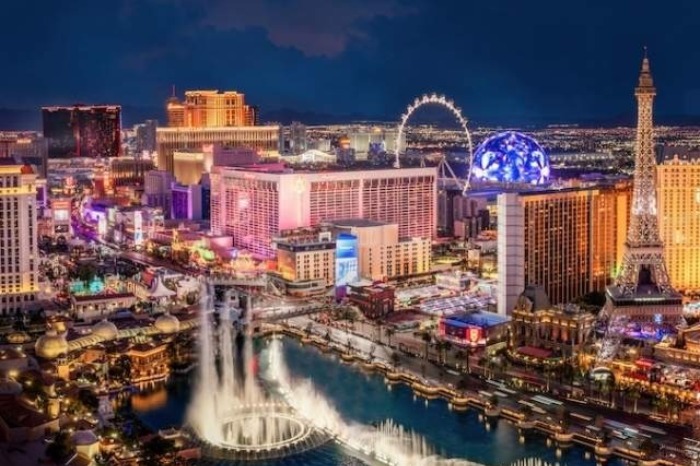URGENT UPDATE: US immigration restrictions are causing a sharp decline in hotel reservations, particularly in major tourist cities like New York and Las Vegas. This trend has emerged during the peak travel season, with travel industry analysts warning that recovery could take years.
Recent reports indicate that foreign tourist spending in the US is projected to drop to $8.3 billion in 2025, a decrease of over 4% from the previous year. The World Travel & Tourism Council (WTTC) predicts that US hotels could face staggering losses of up to $12.5 billion this year alone.
The situation worsened after the recent arrest of 317 Koreans by US immigration authorities at a construction site linked to a joint venture between Hyundai Motor Co. and LG Energy Solution Ltd. in Georgia. This incident has triggered a wave of cancellations in South Korea, particularly affecting business-class bookings, which are crucial for corporate travel.
According to STR, the hospitality industry’s data provider, the room occupancy rate in US hotels dropped to 63.9% in April, down 1.9 percentage points from last year. Additionally, the average revenue per available room (RevPAR) fell slightly to $103.11, reflecting a troubling trend for the sector.
In Las Vegas, one of the top destinations for international travelers, visitor numbers plummeted by 11.3% in June, totaling 3.09 million—a significant drop compared to the same month last year. Hotel occupancy rates in the city also fell by 6.5 percentage points, with RevPAR plunging by 13.8%.
Major hotel chains are adjusting their earnings forecasts downward in response to weakened demand. Hilton has revised its projected RevPAR growth to zero to 2%, while Marriott has cut its annual revenue growth estimate to 1.5%–2.5%.
As of August 20, 2025, the US government will require visa applicants from certain countries, including Malawi and Zambia, to post a refundable security bond of up to $15,000 per person aimed at curbing visa overstays. This follows the tightening of the screening process for all visa applicants, now necessitating in-person interviews.
The tightening immigration policies and increased scrutiny have led to a rise in anti-American sentiment abroad, further complicating the travel landscape. By the end of August, the number of travelers between South Korea and the US reached a record high of 3,794,729, highlighting the potential impact of these policies on international relations and tourism.
Travel industry sources stress the urgency of these developments, as the ripple effects are felt across the hospitality sector and beyond. What happens next will be closely monitored by analysts and travelers alike as the situation continues to evolve.
Stay tuned for further updates on this pressing issue that could redefine the future of travel to the US.









